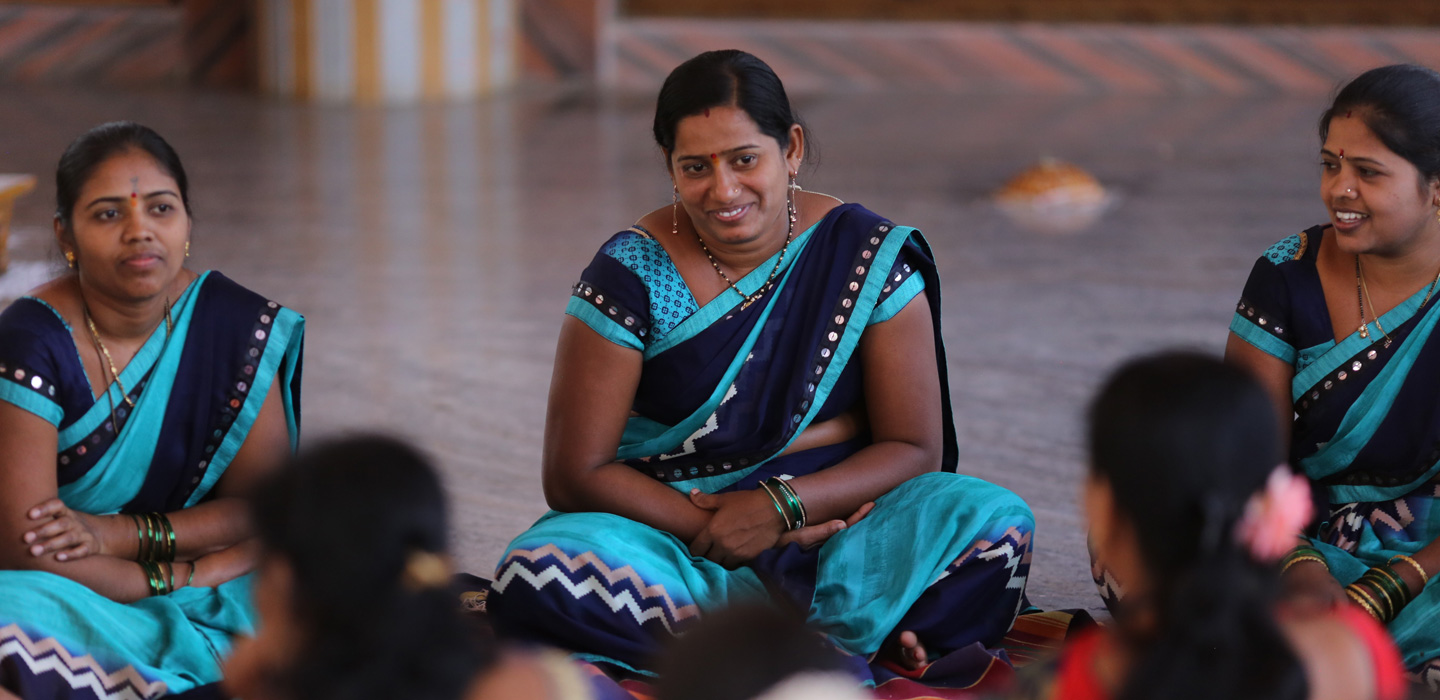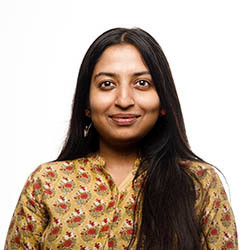India - economic and social empowerment for one million women
IFAD Asset Request Portlet
Asset Publisher
India - economic and social empowerment for one million women
06 March 2020
Maharashtra, 6 March 2020 - Ahead of International Women’s Day on 8 March, the UN’s International Fund for Agricultural Development (IFAD) has highlighted the role community organizations have played in empowering one million women to fully participate in economic, political and social life in the western Indian state of Maharashtra.
“Gender equality is more than a question of human rights, justice and dignity. It is also an economic issue that affects women and men. Without gender equality, communities cannot reach their full economic potential,” said IFAD President Gilbert F. Houngbo said today at an event to mark International Women’s Day.
Even as India’s Prime Minister Narendra Modi announced a takeover of his social media accounts by women “whose life & work inspire us”, rural women in Maharashtra are using the platforms available to them – such as self-help groups - to build more prosperous lives for their families, and to define broader, more active public and private spaces for themselves.
The Tejaswini Rural Women's Empowerment Programme, an initiative of IFAD and the Government of Maharashtra’s Mahila Arthik Vikas Mahamandal (MAVIM), has enabled one million women across all 34 rural districts of Maharashtra to organize into self-help groups (SHGs).
Today, SHG members across the state are together making choices and identifying opportunities in the economic, social and political spheres for their improved well-being. These women have shown that SHGs are an effective means not just to improve the living conditions of poor households by starting nano- and micro-enterprises run by women. They are also forums for women to collectively address issues that affect women and to seek community-based solutions.
Neha Nilesh Thorve, who currently serves as a representative in the gram panchayat (a village-level elected local government body), said that her SHG gave her the confidence to run for election.
“My fellow SHG members know me and trust me, and I was honoured they voted for me,” she said. “At our SHG meetings we discuss their challenges and I can advocate for them in the village council. I wouldn’t be here without their support.”
Sushma Kumar Munde, gram panchayat member for her village, Dhaktevengao, saidmanaging the loan she took from her SHG allowed her to make decisions and influence her children’s education.
“I’ve only studied till Class IX, but now I know women can do anything. I want my daughter to study and become an engineer, an officer –whatever she wants,” she said.
As a result of the Tejaswini programme, nearly all of the SHGs have been able to access formal credit from banks, and they have an excellent 99 per cent repayment rate - with less than 0.5 per cent of these loans becoming non-performing assets for the banks.
An added benefit is that by pooling their money together and loaning it to one another, women in SHG’s are supporting businesses that employ other women and open up opportunities for growth and advancement.
Notes to Editor:
For b-roll video footage contact [email protected].
IFAD has been working in India for more than 30 years. The current country strategic opportunities programme is fully aligned with the government’s policy framework of doubling farmers' incomes in real terms by 2022. During the period 2018-2024, IFAD will support the government's efforts in developing necessary services and producers' organizations to render smallholder food and agricultural production systems remunerative, sustainable and resilient to climate change and price shocks.
IFAD works at the grassroots level, targeting the poorest marginal farmers, women, youth, landless people, tribal communities and scheduled castes. The organization has financed 32 projects for a total cost of US$3.62 billion with approved loans from IFAD for $1226.7 million, directly benefiting 5,181,436 families.
Press release No.: IFAD/17/2020
IFAD has invested in rural people for 40 years, empowering them to reduce poverty, increase food security, improve nutrition and strengthen resilience. Since 1978, we have provided about US$22.4 billion in grants and low-interest loans to projects that have reached some 512 million people. IFAD is an international financial institution and a specialized United Nations agency based in Rome – the UN’s food and agriculture hub.
